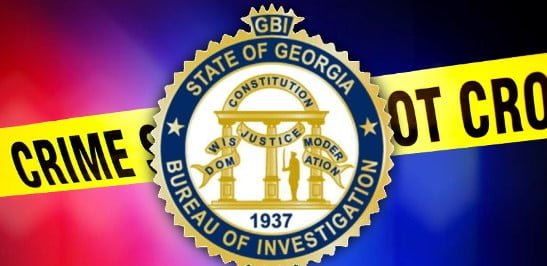Election 2024: Georgia to vote on three statewide referendums
(The Center Square) – Three statewide ballot measures are in the general election for Georgia voters this fall.
Two of them deal with property and tax law, while a third would create a Georgia Tax Court. All three were put forward by the Legislature, the only route for initiating ballot measures.
Notably, an amendment to legalize sports betting will not appear on the ballot.
The state Senate approved it by more than the requisite two-thirds majority required, but the House of Representatives did not vote on it before the end of the session.
Georgia is one of only 12 states without legalized sports betting. Five states – New Jersey (2011), Arkansas (2018), Colorado (2019), Maryland (2020) and South Dakota (2020) – previously went the route of the voters.
If passed, the three following ballot measures would join the 132 ballot measures on the ballot in Georgia since 1985. Approval has been given to 109 against just 27 defeats.
Tax Court Amendment – HR598
The Tax Court Amendment would create a Georgia Tax Court with state-wide jurisdiction by amending Article VI of the Georgia State Constitution.
The state has a Tax Tribunal, which is under the executive branch. The new Tax Court would make that a part of the state’s judicial branch.
The Tax Tribunal reviews cases concerning tax matters in the state.
Each judge on the court would serve four years and be appointed by the governor, with the approval of the state’s Senate and House Judiciary Committees.
If the amendment passes, the Legislature will decide how many judges will be on the court and the qualification requirements.
The amendment was passed unanimously in the House and had one vote against in the Senate.
A “yes” vote would create the new tax court, while a “no” vote would leave the current system in place.
Local Option Homestead Property Tax Exemption Amendment – HR1022
This amendment is the other constitutional amendment on the ballot. It would authorize the Legislature to implement state-wide homestead property exemptions, which “serves to limit increases in the assessed value” of a home.
This would lower the amount of property taxes that homeowners would have to pay, as long as they meet certain residence and occupancy criteria. It would join a number of other state property tax exemptions already in place.
Under the amendment, which will amend Article VII, “political subdivisions” will have the option to both opt in and opt out of the tax exemption program.
The amendment was passed unanimously in the House and only received 11 votes against in the Senate.
A “yes” vote would create the homestead exemption, while a “no” vote would leave the current laws in place.
Personal Property Tax Exemption Increase Measure – HB808
This tax measure would increase the personal property tax exemption in the state from $7,500 to $20,000.
This means that taxpayers are allowed to exclude $20,000 or below of personal property from taxation.
“All tangible personal property” excludes motor vehicles, trailers, and mobile homes, but includes furniture, aircraft, boats, machinery, and similar belongings.
This would be the first expansion of this personal property tax exemption since 2002, when voters approved it being increased from $500 to the current $7,500.
The measure was passed in the House 125-42. All 42 votes against came from Democrats. In the Senate, it was passed unanimously.
A “yes” vote would increase the tax exemption, while a “no” vote would leave the exemption in place.






